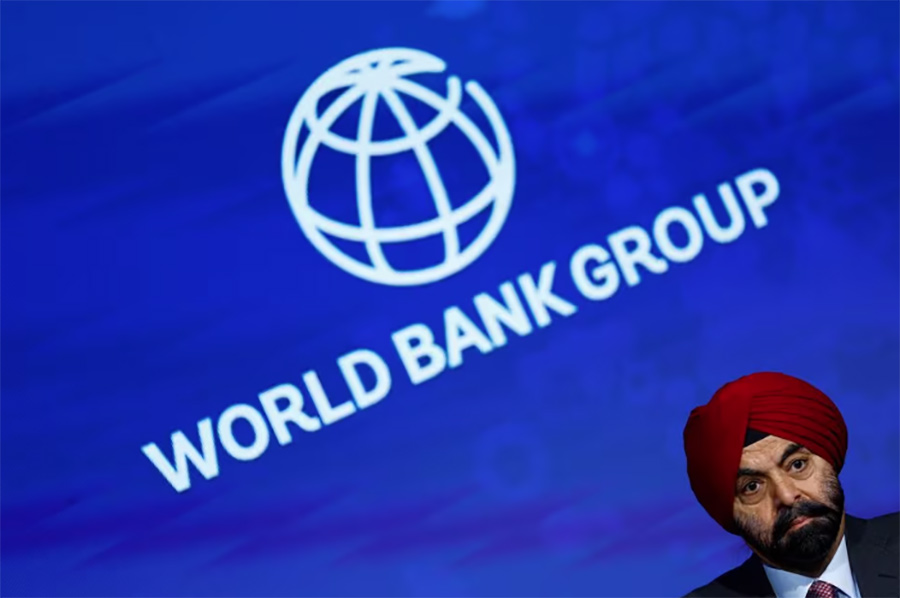HONG KONG/NEW YORK- China’s direct interventions to ease a cash crunch for crisis-hit property developers are a step in the right direction, but analysts say these actions must be complemented by stronger fiscal and monetary policies to shore up demand in the sector.
The extended slump in property sales, investment, and home prices last month has piled more pressure on authorities to step up efforts to prevent contagion across the broader financial sector.
China’s economy has struggled to get back on solid footing despite the lifting of strict COVID curbs late last year, largely because the property sector has stumbled from one crisis to another in a major blow to consumer and investor confidence.
Rescuing select developers will not be enough in itself to cushion the economic impact of the downturn, analysts say, arguing that Beijing should consider supplementing it with other steps, including boosting fiscal spending and further loosening of monetary policy.
Beijing needs to pull “multiple levers” at the same time to address the “vulnerabilities” in the financial system, local government financing, as well as consumer sentiment, said Edward Al-Hussainy, head of emerging market fixed income research at Columbia Threadneedle, which owns Country Garden bonds.
“When confidence is low, the only entity that can solve it is the government and I think the government has to solve it by being very aggressive, very visibly aggressive, with language like ‘whatever it takes’”, he said.
Shoring up confidence is the biggest challenge facing Beijing and is key to getting homebuyers spending again, which analysts says isn’t likely to happen soon given an uncertain economic outlook.
Investors got a brief respite last week after the largest state-owned shareholder of China Vanke stepped in to back the country’s No. 2 developer, with over $1.4 billion of “market tools”.
Separately, Reuters reported last week that the central government was working on a plan to bail out property giant Country Garden whose worsening financial woes have renewed concerns about broader contagion risk.
In the last few months the government’s support measures for the property sector, which accounts for roughly a quarter of the Chinese economy, included easing curbs on home purchases and cutting mortgage borrowing costs.
Beijing has so far resisted a return to the big-bang stimulus of the past that led to a massive build up in debt which it is still struggling to unwind, while it fears large scale monetary stimulus will hammer an already weakened yuan currency and intensify capital outflows.
Still, Morgan Stanley said in a report this week that Beijing was likely to step up central government-led fiscal stimulus, focusing on urban village rebuilding, social housing construction and green capital expenditure.
China’s Central Economic Work Conference next month is also expected to “signal a more flexible monetary policy”, it added.
The property sector plunged into an unprecedented crisis in 2021 after a regulatory crackdown to rein in a debt-fueled building boom tightened liquidity in the industry and sparked defaults among developers. -Reuters





